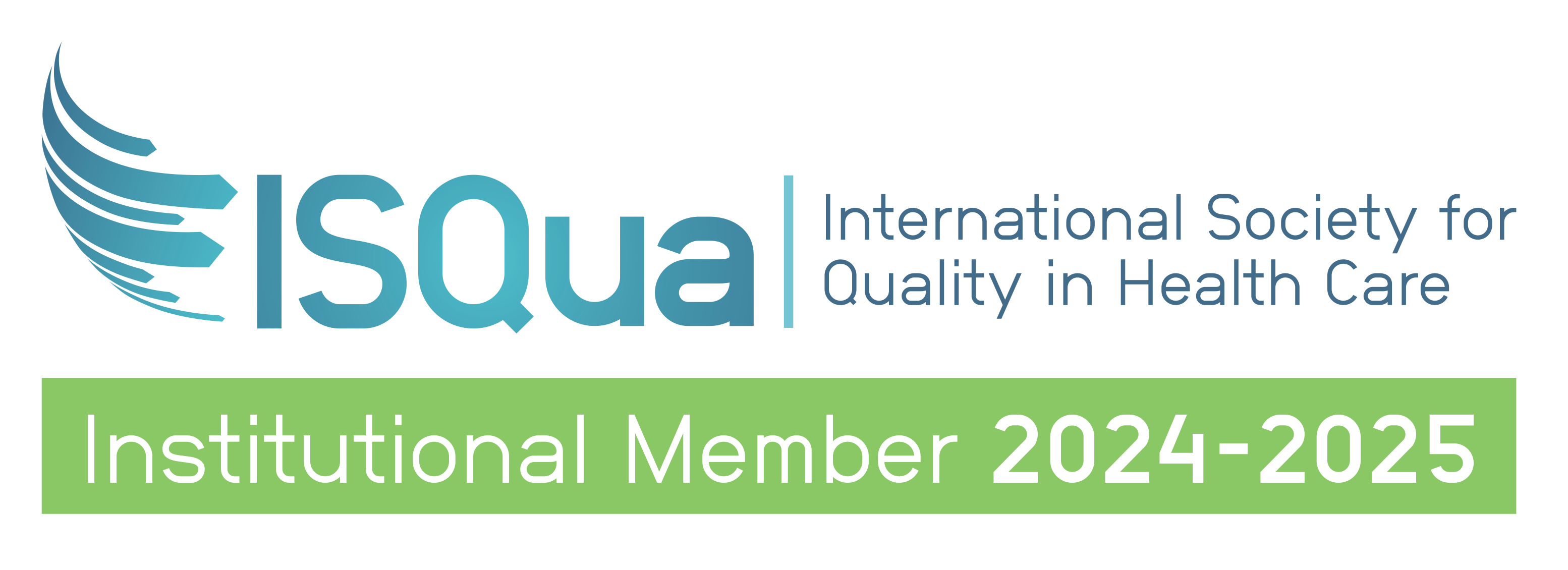
Why is Human Factors an essential part of healthcare quality improvement?
Learn from expert Faculty Member, Associate Prof Peter Hibbert, about the science of Human Factors and how you can incorporate it into any healthcare setting.
Also known as Ergonomics, Human Factors, is “the study of all the factors, to make it easier to work in the right way”, as defined by ACHS Improvement Academy (IA) Faculty Member Associate Professor Peter Hibbert.
Associate Professor Hibbert (Hibbert) is a Program Manager at the Australian Institute of Health Innovation, Faculty of Medicine Macquarie University. Amongst many high-level roles in Australia and the UK, he has worked as a patient safety consultant and an ACHS presenter running training programs in root cause analysis, patient safety and human factors.
The IA Team had the pleasure of chatting with Hibbert about this important healthcare topic and how healthcare workers can use human factors methods to improve patient safety.
What is Human Factors?
Human Factors is about looking at a task you are doing, observing the person doing that task and the physical and socio-cultural environment that person is doing the task in. Essentially, it is “using observation to gather information to improve workplaces” Hibbert answers. It is often used when things go wrong and we want to study why and prevent similar incidents occurring again.
An example of applying Human Factors in healthcare could be, observing a doctor inserting a chest drain into a patient. Amongst many observations you may record how complex that task is; if the patient is unwell; the skills and knowledge of the doctor; who is supervising; the quality of that supervision; the equipment used; and how noisy is the environment.
Why is Human Factor Science so important for the health system?
“Healthcare is possibly the most complex activity we do in society”, Hibbert remarks. There are many complex decisions that affect vulnerable patients and healthcare is changing rapidly. These changes are affecting the complexity of healthcare systems and we need to understand these innovations in terms of patient safety. For example, we are treating more people in the community with virtual care and hospital in the home, which means patients may interact with multiple agencies, clinical information could be stored in many places and different teams have to work together to maximise care. Human Factors is a vital principle in healthcare right now, to access the right information, to deliver the right care to the right people. Hibbert replies, “we need systematic methods such as Human Factors to observe, record and improve patient care”.
How has Human Factor Science had an impact on healthcare?
Going back 20-30 years Hibbert states Human Factor Science may have started earliest in healthcare in anaesthesia, due to the immediate impact and potentially harmful outcomes if things go wrong. There was a personal imperative for anaesthetists to investigate the issues and risks because of the acuteness in this area.
There has been a huge amount of work and innovation since that time in Human Factor research, such as the design of hospitals and wards, surgical time outs and checklists, medications packaging and the importance of teams and structured handovers.
How can Human Factor Science be easily incorporated in healthcare?
There are many ways to introduce Human Factor principles into healthcare settings, and Hibbert recommends simple, trial and error and observing people at work can have a huge impact on clinical incident investigations - “Integrating structured observation should form part of any quality improvement work”.
Integrating prospective techniques is a valuable part of Human Factors, especially in high-risk areas where the process needs to be right, such as radiotherapy, chemotherapy and blood transfusions. Hibbert says Human Factors approaches can be applied to investigation into new processes and systems andprocurement of equipment - “Involving users in testing and developing specifications can have a big impact on outcomes because you observe with a different lens”.
Learn more about Human Factors
If you are keen to learn more about the techniques in how to mitigate Human Factors and build more reliable processes then join Associate Prof Hibbert in our upcoming, interactive training – Introduction to Human Factors in Healthcare.
In this training, Hibbert will guide you through the principles and methods that can be applied to a range of patient safety improvement efforts.
There is only one more session this year so don’t miss this opportunity to learn a powerful approach for proactively reducing harm.

